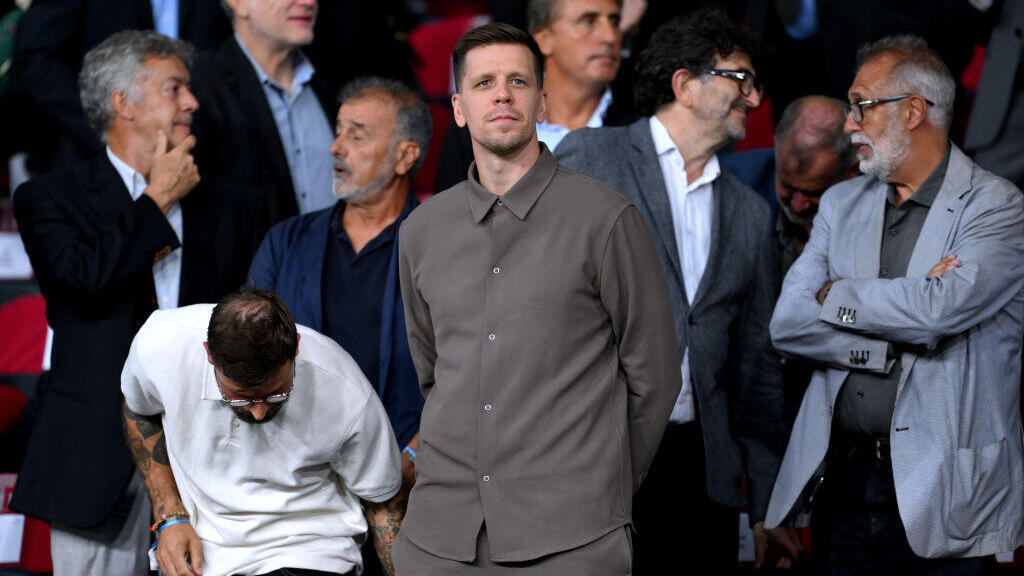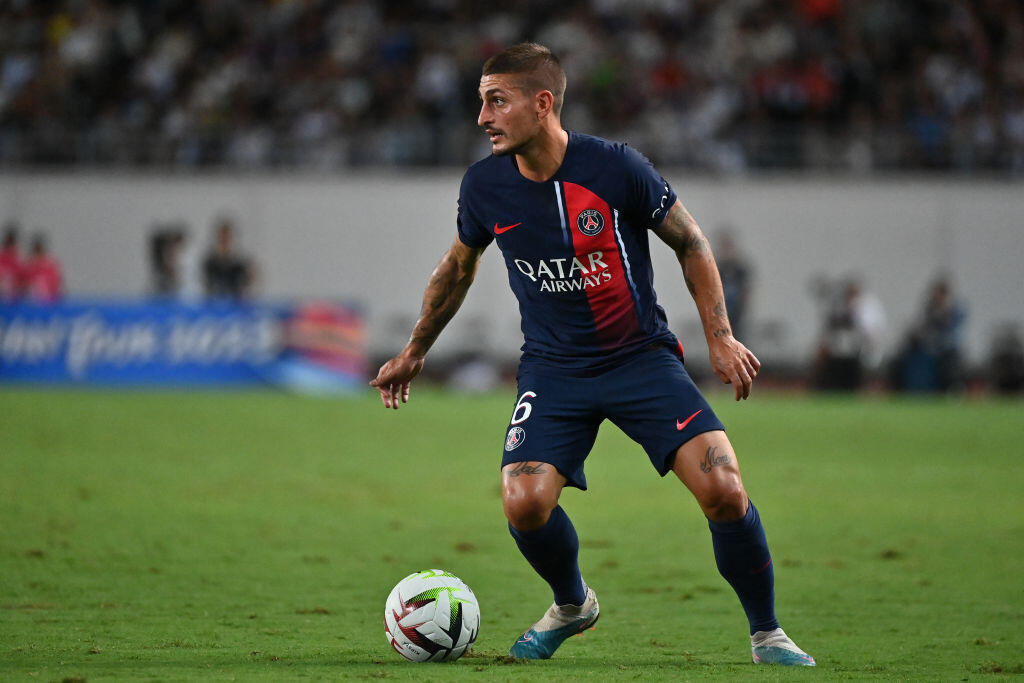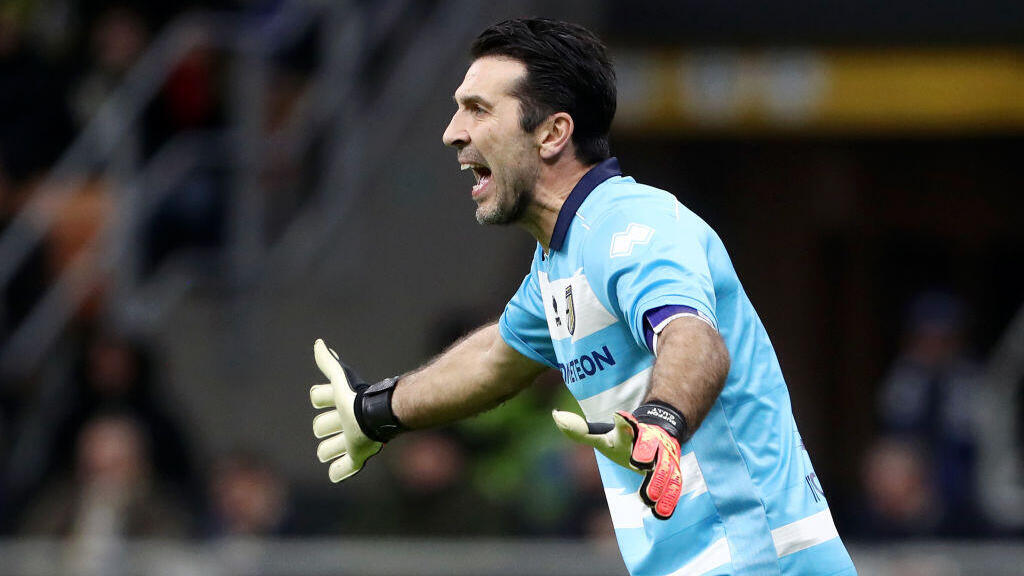Getting your Trinity Audio player ready...
After one of the matches in the 2013 UEFA Under-21 Championship held in Israel, Italy’s national team went out for a break at a restaurant near the beach in Herzliya. There were some big names at the start of their careers—Lorenzo Insigne, Ciro Immobile, Marco Verratti. They ate, laughed, and relaxed before continuing their journey, which ultimately ended in a loss to Spain in the final. And almost all of them smoked—players and coaching staff alike sat with cigarettes in hand.
Smoking isn’t often discussed in global soccer, likely because fans assume that in an increasingly scientific and professionalized sport, no athlete would dare introduce such toxins into their body. But the truth is, smoking has always been present, especially in countries like Italy where the habit, although controversial in the context of sports, is fairly common.
Recently, smoking was in the spotlight again due to Wojciech Szczęsny, the Polish goalkeeper who came out of retirement to replace the injured Marc-André ter Stegen at Barcelona. Szczęsny made it clear he has no intention of quitting smoking.
"There are things that I don't change in my personal life and it's nobody's business if I smoke," Szczęsny said when asked about his habit. "I believe that it doesn't affect what I do on the pitch, I work twice as hard."
"I don't do it in front of kids because I don't want to have a bad influence on them. Sometimes somebody will take a photo from the trees where I have a cigarette, that's on them, not on me," Szczęsny added.
His smoking habit is not new. During his time at Arsenal, manager Arsène Wenger caught him smoking in the showers and was furious, fining him £20,000. Szczęsny later recalled, "Wenger knew full well that I smoked; he just didn’t want me doing it in the locker room." During Euro 2020, photographers caught the goalkeeper smoking outside Poland’s team hotel just hours before their 1-1 draw with Spain. It wasn’t just the cigarette in his hand—he was carrying a whole pack, walking around unbothered.
According to soccer players who are willing to talk about it, smoking offers a sense of relief—just like those young Italians in 2013. Dutch soccer star Wesley Sneijder shared in his autobiography that he believed Inter Milan's treble win in 2010 was partly thanks to José Mourinho’s ability to let his players unwind, turning a blind eye to their smoking and drinking to help them relax.
Some take smoking too far, like Belgian midfielder Radja Nainggolan, who was suspended and later released by Antwerp after being caught smoking an e-cigarette on the bench during a game. Nainggolan had previously said, "Soccer players should be allowed to smoke. I’m a normal person; I’m allowed to quietly drink a glass of alcohol and smoke a cigarette." Many seem to agree.
Legendary goalkeeper Gianluigi Buffon has been photographed smoking multiple times without making a fuss, while a former Manchester City kit man revealed that Mario Balotelli used to smoke two cigarettes back-to-back before every training session. Marco Verratti was also caught smoking in his car before arriving at PSG's training grounds, which led to a fan who filmed him to scold him.
"It’s a kind of drug, an addiction"
It’s needless to say the self-justifications from these players don’t really hold up. Dr. Mark Rosnovsky, a former physician for Israel’s national team, explains: "It’s a kind of drug, an addiction. Even if smoking makes them feel good, that doesn’t mean it’s doing them any good. An occasional drink won’t hurt, but there’s not a single study that shows nicotine has any positive effects."
The players claim it helps them deal with stress
“There are plenty of ways to relax without smoking, this is a pointless debate. I’ve seen players from the Soviet Union national team who smoked and drank vodka regularly, and they played decent soccer for big clubs, but that doesn’t mean smoking helped them improve. Nicotine affects blood vessels, the respiratory system, and the lungs, and it leads to cancer. Anyone who does it is harming themselves—and their team."
The snus phenomenon
There’s a connection between smoking and the nicotine pouches known as snus, which have become a lingering issue in English soccer. These nicotine-packed pouches, placed under the upper lip, are said by users to provide an energy boost. The phenomenon gained attention two years ago and hasn’t waned: a recent survey in the UK revealed that one in five male and female soccer players regularly use snus. Ultimately, nicotine isn’t banned, and while some use it for energy, others seek relaxation. Szczęsny, for example, admitted that the cigarette that angered Wenger came after a bad game against Southampton, which left him craving a quick way to calm down.
One of King Charles III’s top goals is to create a smoke-free generation. The strict regulations he’s proposed in the UK—sparking public debate—include banning smoking outside soccer stadiums, not just inside them. Despite modern awareness, it was assumed athletes would naturally avoid such harmful habits. That hasn’t happened. And now, every time Szczęsny misses a crucial save by a millimeter, people might wonder if his performance would’ve been different with slightly healthier lungs.
Get the Ynetnews app on your smartphone:





